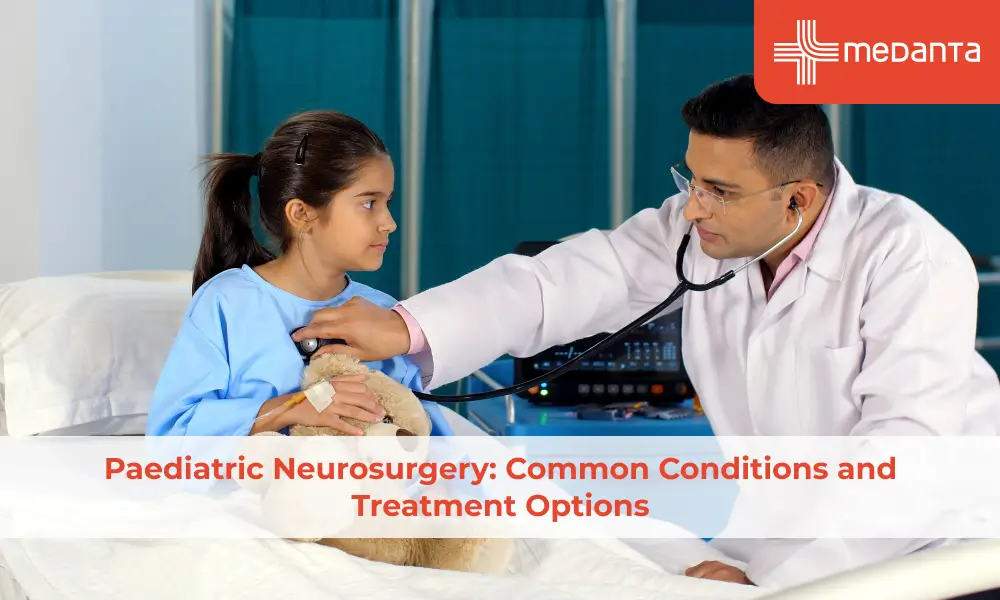Post-Stroke Care: A Comprehensive Guide to Recovery

A stroke can be a life-changing event, not only for the individual who experiences it but also for their loved ones. Going through the recovery process after a stroke can be challenging, but with the right care and support, many stroke survivors are able to regain their independence and improve their quality of life. Post-stroke care is crucial in helping individuals recover from the physical, emotional, and cognitive effects of a stroke. In this blog, we will discuss the key aspects of post-stroke care, including hygiene, nutrition, blood pressure and blood sugar control, cholesterol management, physiotherapy, medication, and regular follow-up visits to the doctor.
Hygiene: After a stroke, it's important to pay attention to personal hygiene to prevent infections and promote overall well-being. Individuals may have difficulty with mobility and self-care tasks, so assistance with activities such as bathing, grooming, and dressing may be necessary. Caregivers should ensure that the individual has access to a clean and safe environment to promote good hygiene practices. Regular oral care is also important to prevent dental issues that can arise due to difficulty with brushing or flossing.
Nutrition: A healthy, balanced diet is essential for stroke recovery. Proper nutrition can support the body's healing process and help reduce the risk of additional health complications. A diet rich in fruits, vegetables, whole grains, lean proteins, and healthy fats can help manage weight, blood pressure, and cholesterol levels. It's important to limit the intake of sodium, saturated fats, and processed foods. Adequate hydration is also crucial for overall health. In some cases, swallowing difficulties (dysphagia) may occur after a stroke, and it's important to work with a healthcare professional to address any dietary modifications needed to ensure safe and appropriate nutrition.
Quitting smoking and limiting alcohol consumption are important steps in improving health. Smoking damages blood vessels, increases the risk of various other diseases such as cancer, lung disease, heart disease and stroke. When it comes to alcohol, heavy or excessive drinking can lead to high blood pressure, heart failure, and an increased risk of stroke.
Control of Blood Pressure, Blood Sugar, and Cholesterol: Managing these key health indicators is vital for preventing future strokes and maintaining overall health. High blood pressure (hypertension), high blood sugar (diabetes), and high cholesterol levels can increase the risk of additional strokes and other cardiovascular complications. Medications, lifestyle modifications, and regular monitoring are typically part of managing these conditions. It's important for individuals to adhere to their prescribed treatment plans and to engage in healthy habits such as regular physical activity, maintaining a healthy weight, and avoiding tobacco use.
Physiotherapy: Physical therapy plays a critical role in post-stroke recovery. A skilled physiotherapist can help stroke survivors regain strength, mobility, and coordination. Through tailored exercise programs, individuals can work on improving their ability to walk, use their arms and hands, and perform activities of daily living. Additionally, physiotherapy can help address issues such as muscle stiffness, spasticity, and balance problems. The goal is to enhance independence and quality of life by maximizing physical function.
Medication: Following a stroke, individuals may be prescribed a variety of medications to manage various aspects of their health. This can include blood thinners to reduce the risk of blood clots, medications to help control blood pressure and cholesterol levels, and potentially medications to manage other health conditions such as diabetes. It's important to take medications as prescribed and to communicate openly with healthcare providers about any side effects or concerns.
Emotional Support: The impact of a stroke extends beyond the physical body and can affect mental and emotional well-being. Post-stroke depression, anxiety, and emotional lability are common and can significantly impact recovery. Providing emotional support, promoting social connections, and seeking counselling or mental health support if needed are important aspects of post-stroke care.
Regular Follow-Up Visits to the Doctor: Ongoing medical care is essential for monitoring progress, adjusting treatment plans as needed, and addressing any new or evolving health issues. Regular check-ups with healthcare providers can help catch potential problems early and ensure that individuals receive the best possible care. These visits provide an opportunity to discuss any concerns, review medications, and continue working towards recovery goals.
In conclusion, post-stroke care encompasses a wide range of essential components that are crucial for recovery and ongoing health. By addressing hygiene, nutrition, blood pressure and blood sugar control, cholesterol management, physiotherapy, medication adherence, emotional support, and regular medical follow-up, individuals can maximize their potential for recovery and well-being after a stroke. It's important for both stroke survivors and their caregivers to seek support from healthcare professionals and community resources to navigate the challenges of post-stroke care and to work towards optimal recovery and quality of life.






